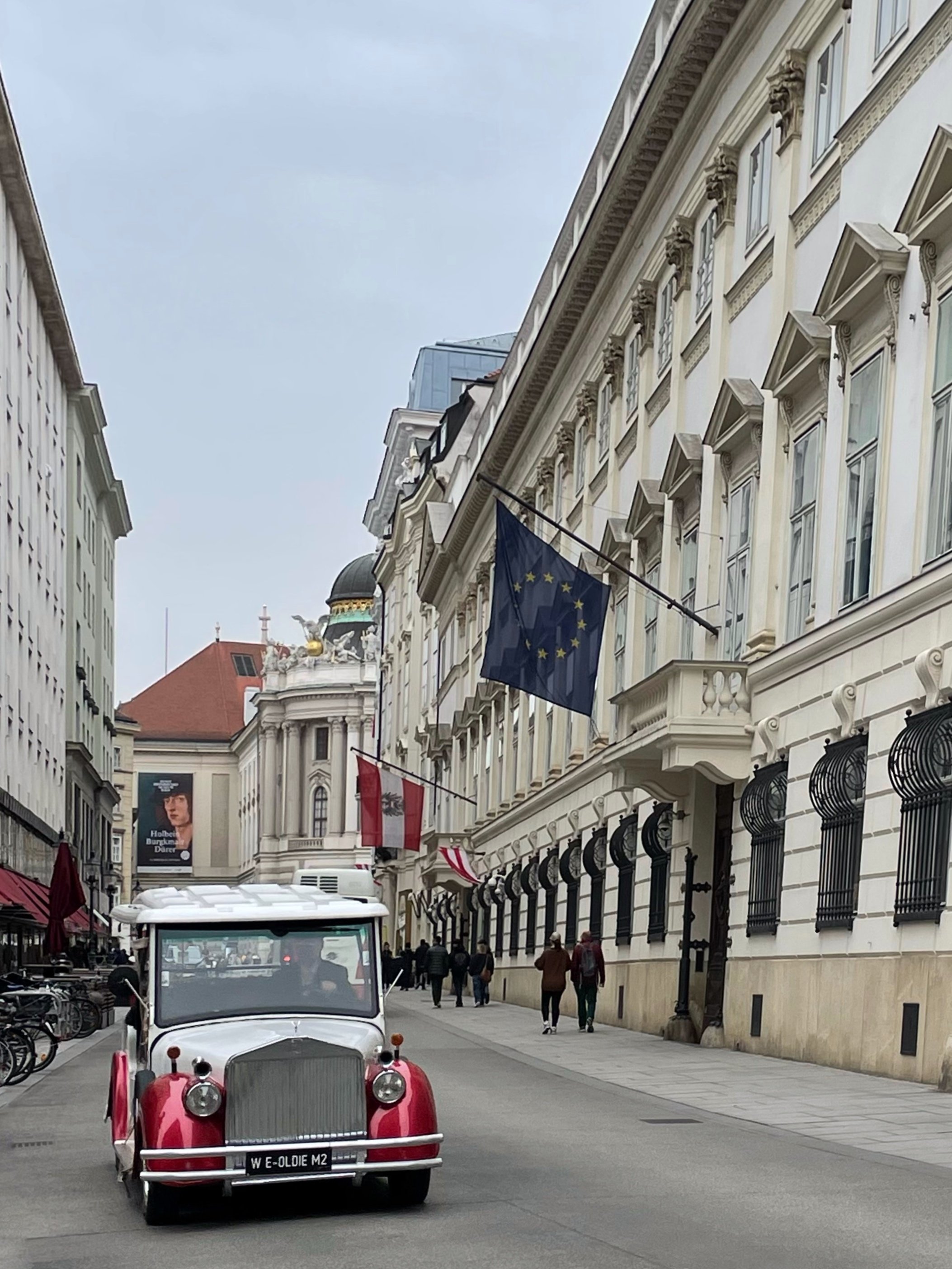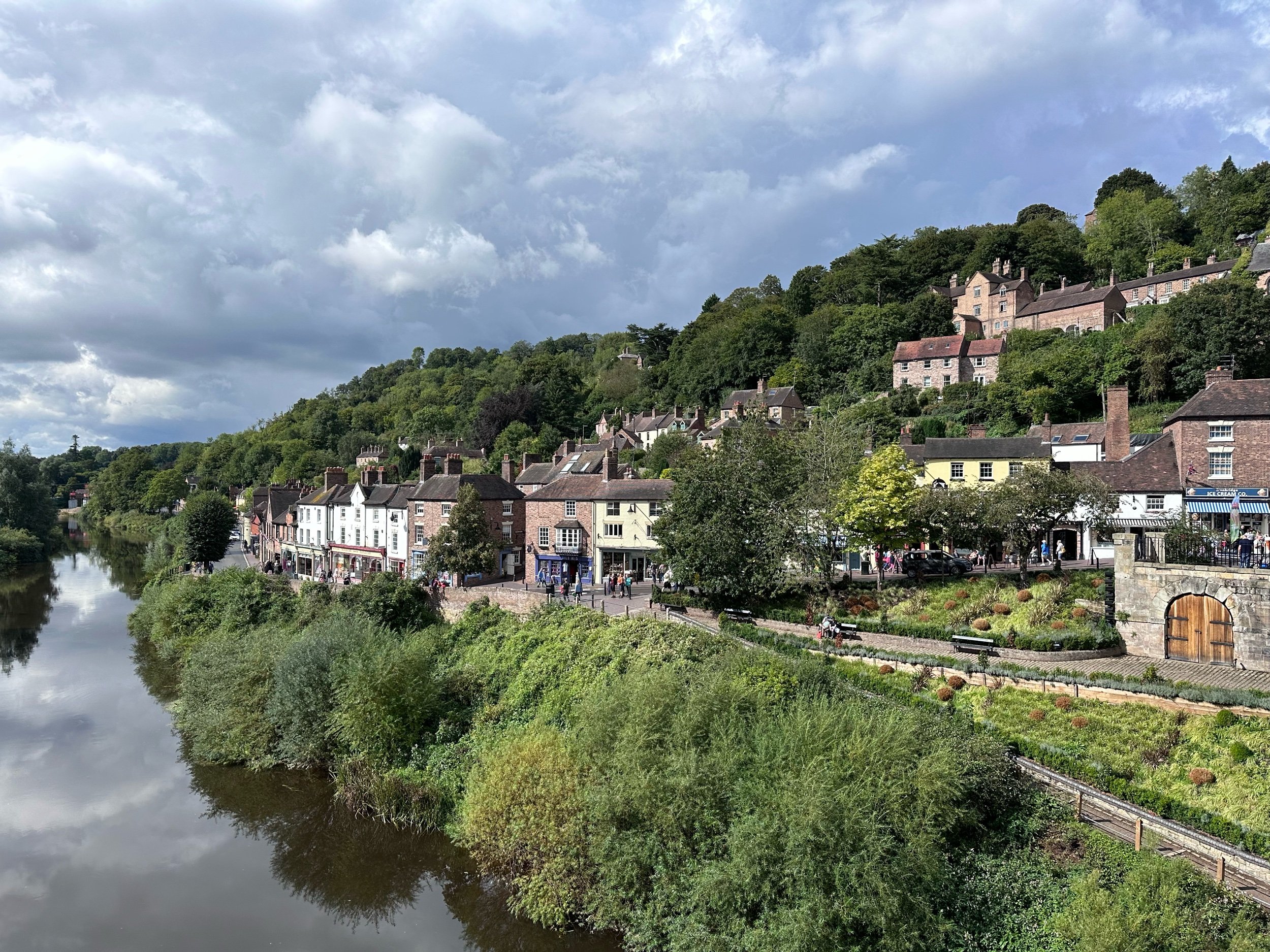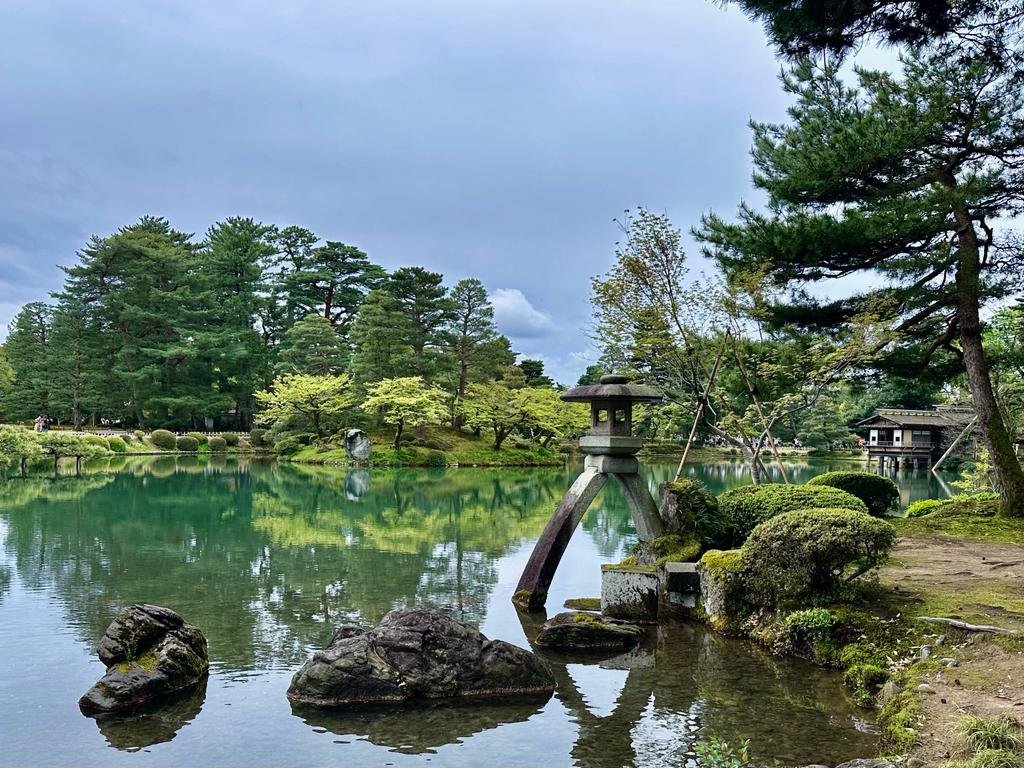
Safety
Keeping safe when travelling with family
Giving children freedom to explore and learn safely
We take a liberal relaxed approach to parenting and try not to be risk averse.
We give our children boundaries to guide them and keep them safe. With our support, our kids are free to roam, to try new things and to make mistakes.
We agree as a family the ground rules that make us feel confident and safe so we can all relax and enjoy the journey.
Our family ground rules are at the HEART of how we act and behave:
Healthy - wash regularly. Brush our teeth. Put away screens at mealtimes. Make balanced food choices.
Engaged - listen actively and enthusiastically. Compliment others. Communicate openly. And have fun.
Accountable - take responsibility when we make a mistake, consider the consequences, and learn from it. Be honest and trustworthy.
Respectful - be kind and gentle with our body and words. No means no and stop. Have a calm quiet conversation, not an argument.
Thankful - acknowledge what we have and be grateful for treats and privileges.
We strongly believe, and have seen through our own experiences, that people are good and kind, and go out of their way to help others.
We have rarely encountered people who have made us feel worried, unwelcome or unsafe when travelling. We teach our children to be kind, grateful and compassionate to others, and they have experienced the benefits of this positive approach.
Street smart
We don’t believe everything we read. The internet is full of dramatic crime stories that are exaggerated at best, or fake at worst.
If we believed every kidnapping story we read about Colombia we wouldn’t have gone there and would have missed out on a wonderful, friendly, and for the vast majority of visitors, safe country.
But we do apply our ‘street smarts’ - or common sense - as we prefer to call it. We adhere to sincere advice from locals.
If our local guide / shopkeeper / hotel staff advise us to avoid a certain street at night, we will heed those warnings.
Crime
When we are out we carry only a small amount of cash and one bank card. We keep our phones and wallets out of sight in zipped pockets.
We leave the rest of our cash, spare bank cards and passports locked away in our accommodation.
That way, if we are robbed, (which we haven’t been yet), we won’t lose everything.
We remain aware of our surroundings and make informed decisions. We avoid areas we have been told are dangerous for tourists. And we use pre-booked taxis rather than hailing a car from the street.
First aid
We carry a small first aid kit in our day bag with plasters, antiseptic wipes, anti-histamine cream, and paracetamol.
We did a fantastic family first aid workshop with Mini First Aid which taught us CPR and first response, and how to deal with bumps, burns, bleeding, breaks and choking. This class gave us all more confidence and taught us not to panic if something goes wrong.
In Argentina, William fell from a high wall and broke his collar bone. We were 2 hours from the nearest city and hospital. Our first aid training helped us to stay calm, but we still needed the assistance of medical professionals which we were incredibly grateful for. Before we left for the hospital, we grabbed our passports, travel insurance documents, a blanket, William’s soft toy snugglie, a charging pack, phone, a bottle of clean water, and lots of cash. We needed all of the above that night and it helped to be prepared!
Lost
Losing a child is one of our worst fears when travelling.
We have taught our kids their personal information (full name, address, date of birth).
When arriving somewhere new, point out the uniforms of officials and emergency workers so children know who to look for if they need help.
Strategy to teach your kids for when they are lost:
Slowly turn on the spot twice to see if they can see their parent(s). If they can’t see them then
Approach the nearest safe adult, or
Find a nearby first aid, police, steward or organiser’s station, and
Explain that they are lost and calmly give their personal information and parents’ names
*Keeping calm and sticking on the spot gives the parent time to find the child!
We have taught our kids that a safe adult is someone in a uniform, wearing a badge or lanyard; or a parent with children.
It’s important that children know your actual name, ‘mummy and daddy’ won’t help much in a crowd full of parents!
Sun
Staying safe in the sun is important and we’ve noticed that children burn easily and become dehydrated and fatigued more quickly than adults.
We stay hydrated with regular drinks of water, as well as ice lollies, smoothies, and fruit and vegetables.
Our kids wear baseball caps or legionnaire hats and they keep their t-shirts or UV swim vests on in the sun.
We apply factor 50 sun cream throughout the day and stay out of the sun between midday and mid-afternoon.
Water
Both our children can swim well now, but when they were younger they used floats, boards or ‘noodles’ for extra safety.
On-duty lifeguards are an added reassurance but we don’t depend on them - we keep our eyes on our kids in the water.
We learn and respect local beach warning systems like flags and buoys.
Road safety
Take private taxis or Uber which are pre-booked and avoid hailing them from the street.
Consider road safety records and accident levels before taking bus or coach journeys.
Always use car seats with children, even in hire cars.
Only drive when you understand the local highway rules and never drive tired or jet lagged.
Ensure liability insurance and damage waivers are included in car hire or travel insurance policies.
Destinations
Wild Rumpus Travel copyright © 2019 - 2024 all rights reserved.



















